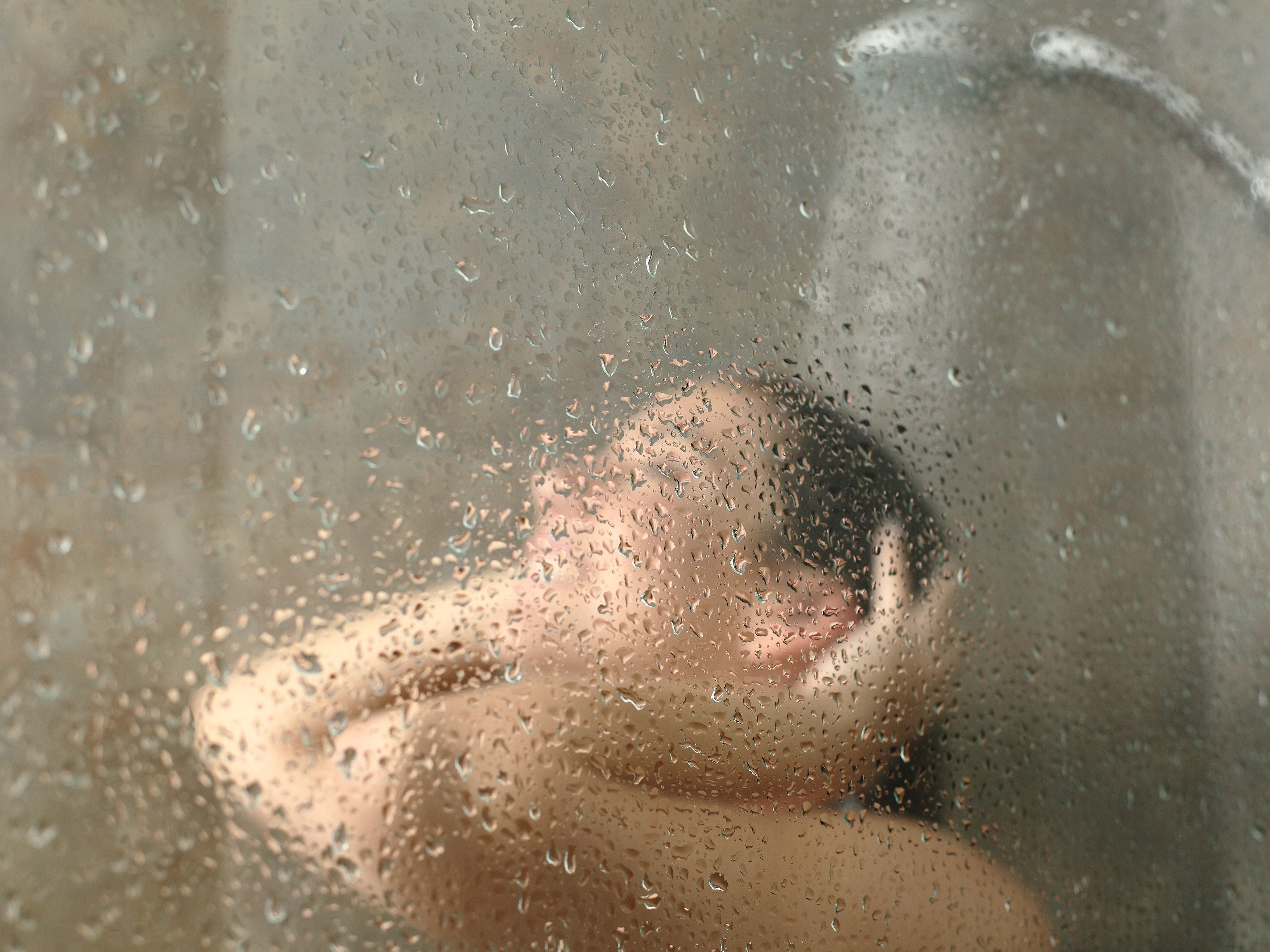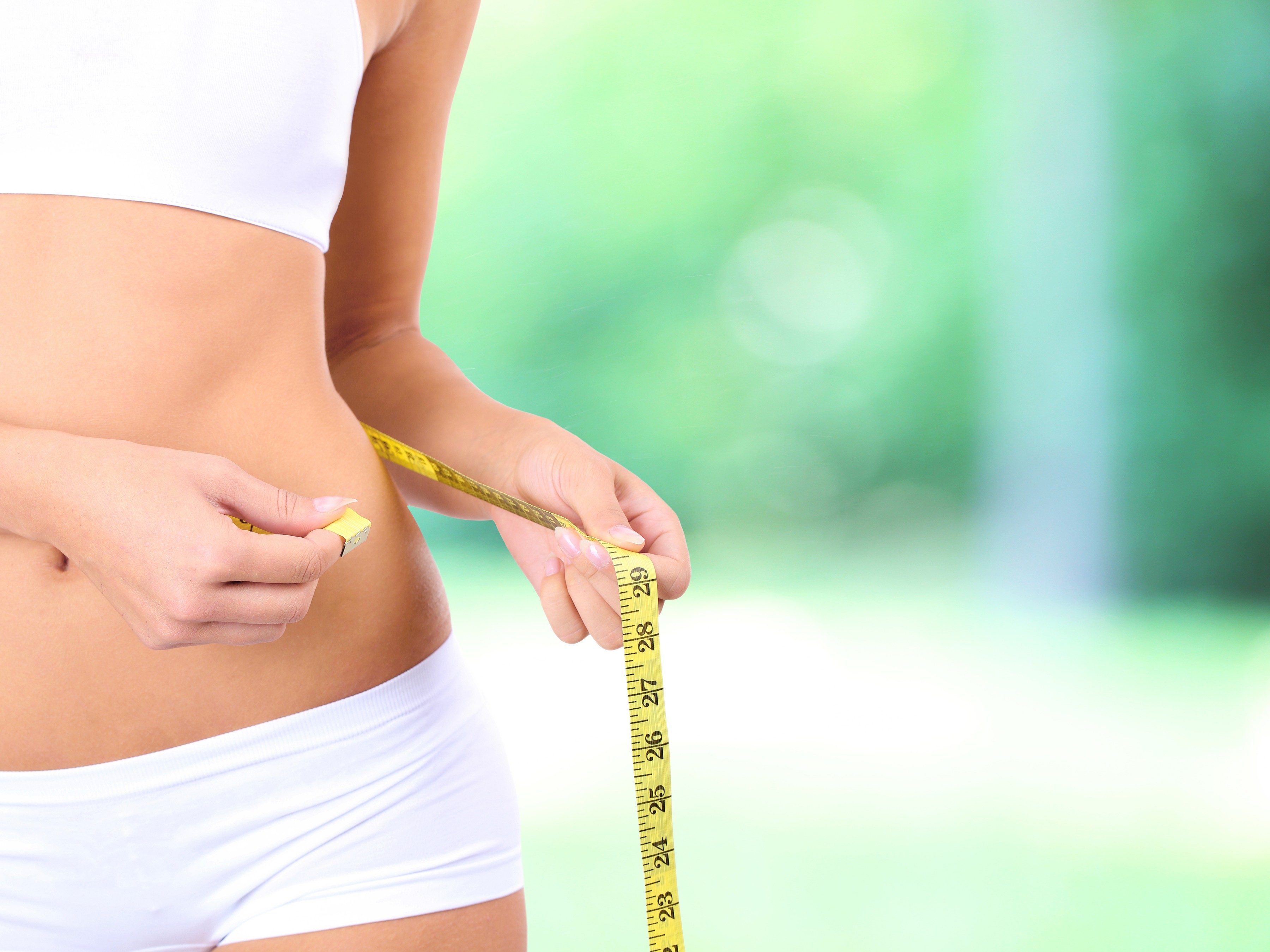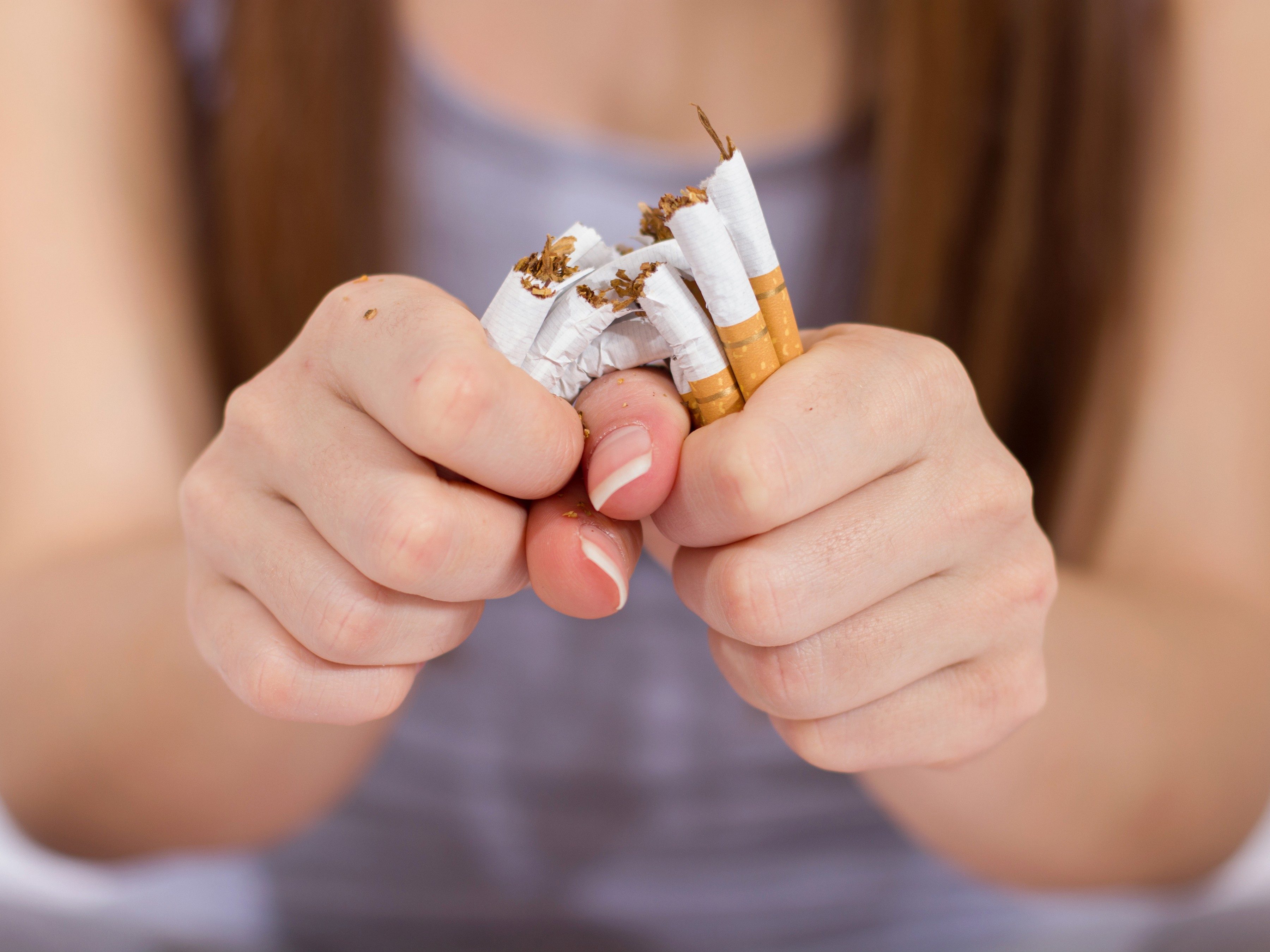
1. Get 30 minutes a day of moderate exercise
Several studies find regular exercise during menopause can reduce the frequency and severity of hot flashes. Make sure some of your physical activity includes weight-bearing exercise, like weightlifting, to help preserve bone and increase muscle mass so your body burns more calories.

2. Add soy foods to your diet
While the evidence on soy as a prevention or treatment for hot flashes is mixed, soy does seem to help some women. And it definitely benefits your heart and bones. Ideally, get some of your soy fermented, as in miso, tempeh, soy sauce and fermented tofu. (The fermented type is easier for your body to absorb.) Aim for one serving (about 2.8 ounces/75 milligrams) of low-fat soy foods a day.

3. Avoid hot baths or showers
Hot baths and showers not only strip skin of its moisture, but they also increase your core body temperature-something you want to avoid if hot flashes are a concern. During menopause, consider taking tepid or cooler baths and showers.

4. Lose weight
A study that followed women over 10 years as they moved through the menopausal transition found that overweight women were much more likely to experience hot flashes. Researchers aren’t sure why, particularly since fat cells secrete estrogen, which should, theoretically, offset any increased body temperature from the weight, but the evidence was clear.

5. Stop smoking
It’s always a good time to quit smoking, and here’s one more reason to butt out for good. The same study that found losing weight helpful in preventing hot flashes also found that women who smoked had nearly twice as many hot flashes as nonsmokers.

6. Avoid spicy foods and alcohol
Sad news for your spicy soup broth and evening cocktail: Both spicy food and alcohol can trigger a hot flash, so it’s best to avoid them.
Related features:
7 Natural Ways to Treat Menopause Symptoms
How to Deal With Menopause
11 Best Remedies for Rosacea